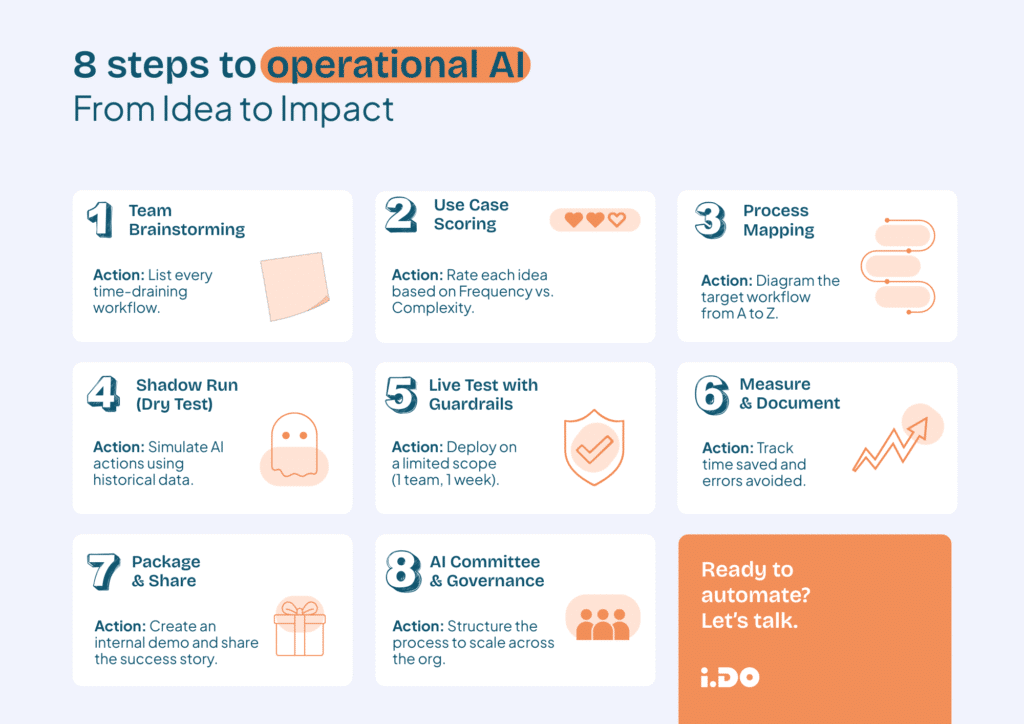In the space of productivity and project management, a new kind of tool is on the rise: work management tools.
These innovative solutions aim to streamline not only projects but the entire work ecosystem, spanning from individual productivity to team goals and the company’s mission.
As a leader in this category, Asana has positioned itself at the forefront of this transformative trend.
Harnessing the Power of Transparency
A paradigm shift is underway, benefitting everyone involved.
A work management tool serves as a map for your company, facilitating efficient navigation while utilizing complementary tools like Slack for discussions.
With features tailored to manage teams’ goals, processes, projects, and tasks, these tools foster a culture of transparency.
Workers can finally showcase their contributions, ensuring their pivotal role in the company is duly recognized.
Empowering Workers, Redefining Managerial Dynamics
Moreover, these tools prompt a reassessment of the relationship between workers and management.
No longer can managers arbitrarily change priorities or inundate employees with tasks, expecting everything to be completed on time.
This shift enables workers to reclaim agency, prompting managers to collaboratively prioritize tasks based on existing workloads.
Leveraging Data for Optimal Performance
Thanks to features like APIs, managers can leverage data to identify top performers, promote best practices, and optimize operations.
However, while data-driven insights offer unparalleled benefits, they also harbor potential pitfalls.
Navigating the Dark Side of Work Management Tools
For workers, increased transparency means daily evaluations not just from managers but from the entire team or organization.
While data does not lie, it may not always present the complete picture. Micromanagers may seize upon these tools to scrutinize team performance excessively.
Balancing Data-Driven Insights with Human Dynamics
Moreover, work management tools have a propensity to prioritize task completion over process evaluation, potentially undermining holistic productivity assessments.
This could lead to improper promotions based solely on task quantity, neglecting the nuanced nature of roles that involve delegation.
Mitigating Risks and Maximizing Benefits
To ensure that work management tools are employed effectively, it’s imperative to foster a culture of mindful productivity and promote best practices.
This entails facilitating discussions on productivity metrics, educating teams on tool utilization, and diversifying reporting sources to provide comprehensive insights.
Conclusion
As with any technology or service, work management tools offer both benefits and shortcomings.
Ultimately, the success of these tools hinges on the company’s ability to promote best practices, cultivate a culture of productivity, and seek appropriate guidance during implementation.
By embracing these principles, organizations can unlock the full potential of work management tools and drive sustained success.
Unlock the full potential of your Asana licenses with the help of i.DO. Enjoy all our additional benefits: unlimited support, expert content, live Q&A sessions, and much more. Click here to learn more about it!









